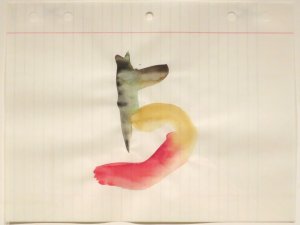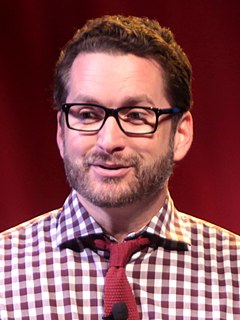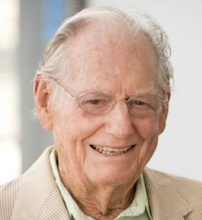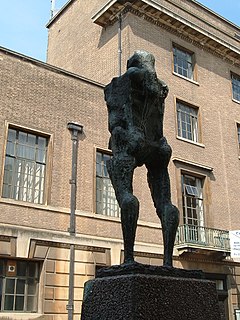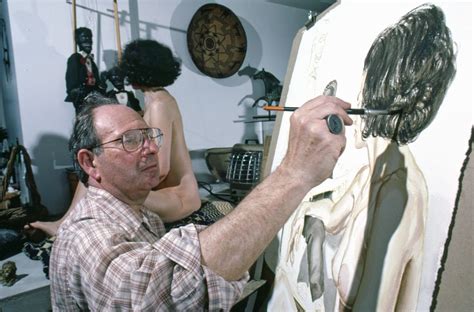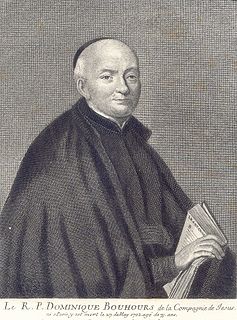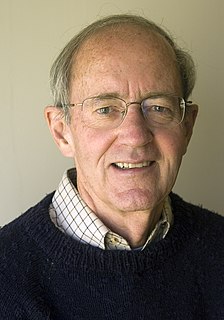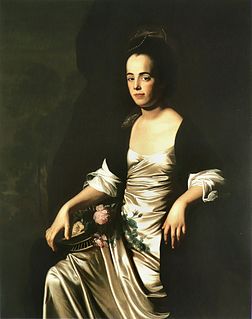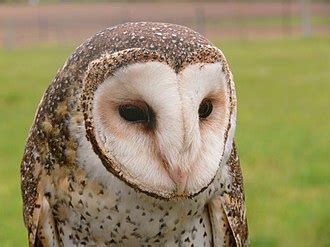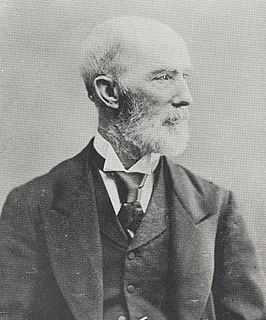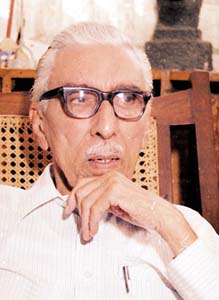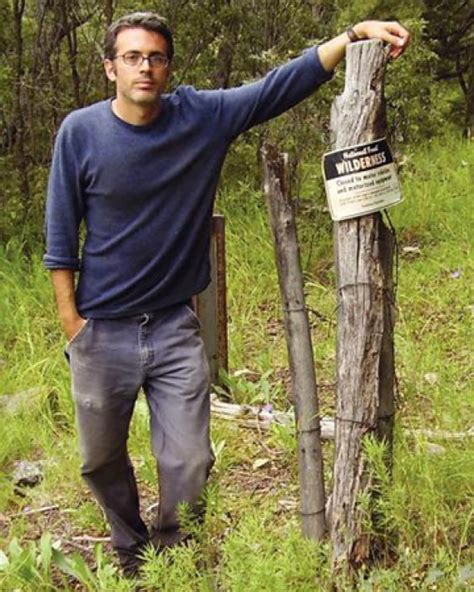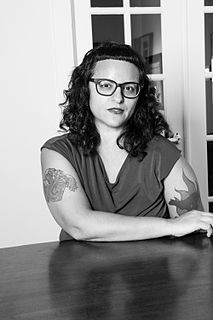A Quote by Clement Greenberg
The paradox in the evolution of French painting from Courbet to Cezanne is how it was brought to the verge of abstraction in and by its very effort to transcribe visual appearance with ever greater fidelity.
Related Quotes
You have to take chances for peace, just as you must take chances in war. Some say that we were brought to the verge of war. Of course we were brought to the verge of war. The ability to get to the verge without getting into the war is the necessary art... If you try to run away from it, if you are scared to go to the brink, you are lost. We've had to look it square in the face... We walked to the brink and we looked it in the face. We took strong action.
If you're going to be a visual artist, then there has to be something in the work that accounts for the possibility of the invisible, the opposite of the visual experience. That's why it's not like a table or a car or something. I think that that might even be hard for people because most of our visual experiences are of tables. It has no business being anything else but a table. But a painting or a sculpture really exists somewhere between itself, what it is, and what it is not-you know, the very thing. And how the artist engineers or manages that is the question.
Since Courbet, it's been believed that painting is addressed to the retina. That was everyone's error. The retinal shudder! Before, painting had other functions: it could be religious, philosophical, moral... our whole century is completely retinal, except for the Surrealists, who tried to go outside it somewhat.
A conscious decision to eliminate certain details and include selective bits of personal experiences or perceptual nuances, gives the painting more of a multi-dimension than when it is done directly as a visual recording. This results in a kind of abstraction... and thus avoids the pitfalls of mere decoration.
In the province of Quebec where I come from, we speak French and the only cosmopolitan city is Montreal. Every time we tackle the subject of immigration and racial tension, it's an issue that concerns Montreal. Also, in Quebec, we have this added issue that we want people to speak French, because French is always on the verge of disappearing to some extent. I work, play and do everything in French.
The effort of painting from life has cost my models a great deal of physical discomfort, and cost me a great deal of money in model fees... I have wanted to make the camera obsolete... because, in my reading about early 20th century art, I found that the most frequently used argument made in favor of abstraction was that the camera made realist painting obsolete.






